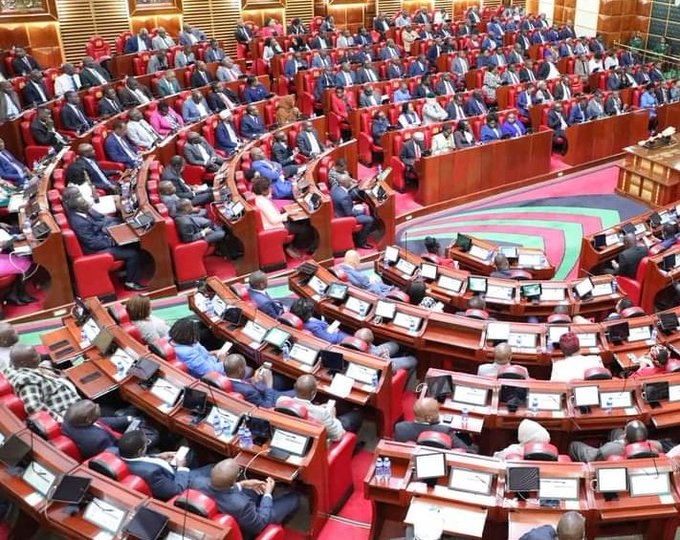Residents of Gatitu area in Nyeri Town constituency have appealed to the government to devise ways of dealing with vervet monkeys that have ravaged their farms for several years.
The residents have said the animals have left their farms bare and rendered them food insecure despite being from an agriculturally productive area.
Mahinda Kagachu said they have tried to install traps but that the clever animals are able to remove whatever foodstuffs used in the traps without triggering them.
“In my farm, I tried to use Kero to repel them but they harvested foodstuffs that they consumed near the spot where I had poured it in contempt,” Kagachu said.
The animals, he said, have left farmers demoralised as they are unable to salvage anything from their farms despite having access to irrigation water.
The animals eat bananas, raw avocados, coffee berries, maize and even uproot sweet potatoes.
Without coordinated efforts, the farmers are unable to rid their farms of the animals that relocate from one farm to another.
“They tell us to prune trees to repel them and sometimes Kenya Wildlife Service (KWS) officers visit our farms to chase them but they only disappear for a while and then come back,” he said.
“It would help and save us from food insecurity that forces us to seek aid despite the fact that we have the capacity to produce enough food.”
Susan Warindi, another resident, said they have been left desperate and that only government’s intervention can save them from hunger.
Warindi said they are struggling to feed their families and raise sufficient funds to educate their children, saying the monkeys have disabled them economically.
Her sentiments were echoed by William Kiama who said the animals descended on their village a few years ago.
“Now, you sit in your house and listen to them jumping over the rooftops. They even get into our kitchens looking for food,” he said.
The only reason he realised some harvests this season, he explained, was because he bought a dog that chased the monkeys from parcels of land near his homestead.
“I love farming. Even now, I have planted capsicums and even dug a water pan for irrigation and to enable me to engage in agribusiness but the monkeys are a nuisance,” he added.
Hannah Wangui, said at an elderly age, she has been reduced to depending on others for food.
She said despite using money to buy seeds and till her farm she harvests nothing hence leaving her feeling helpless.
According to Wildlife Conservationist Jim Nyamu, about 60 per cent of wildlife is living outside protected parks, endangering their lives and those of Kenyans.
Nyamu who is on a 90-day walk from Nairobi to Ethiopia to create awareness urged county governments in areas with a high prevalence of wild-life-human conflicts to establish conservancies to contain them and boost domestic tourism.

















